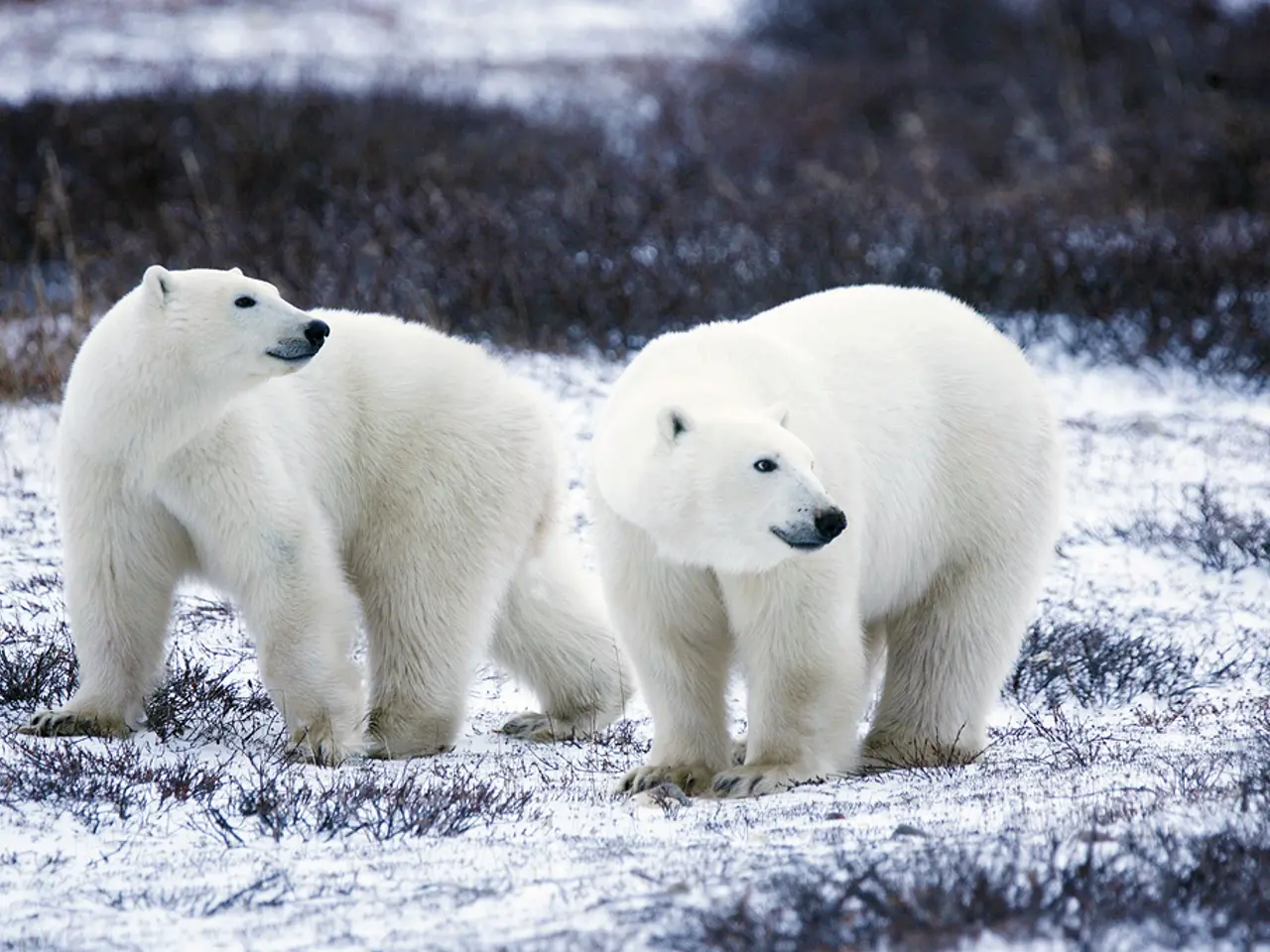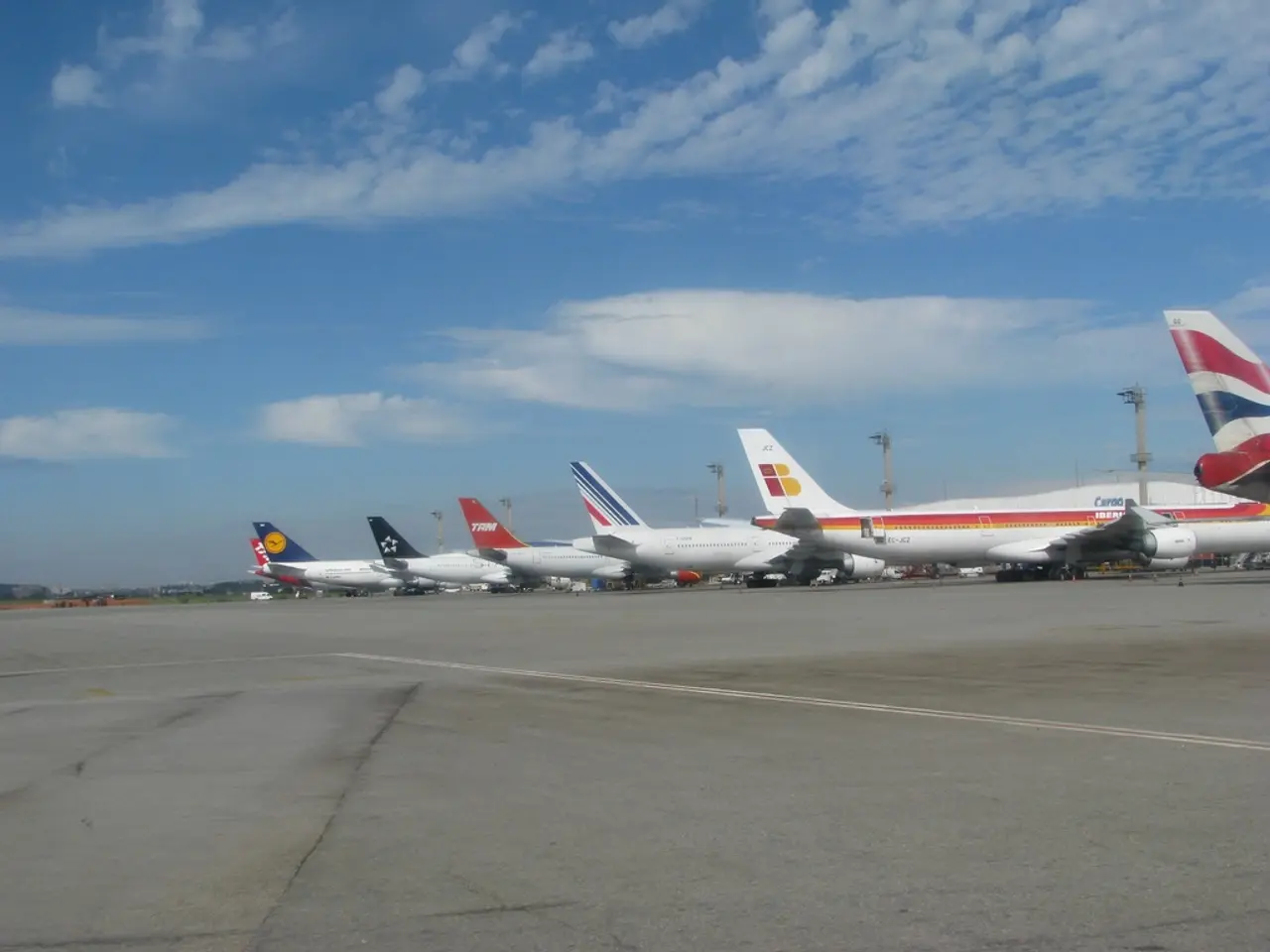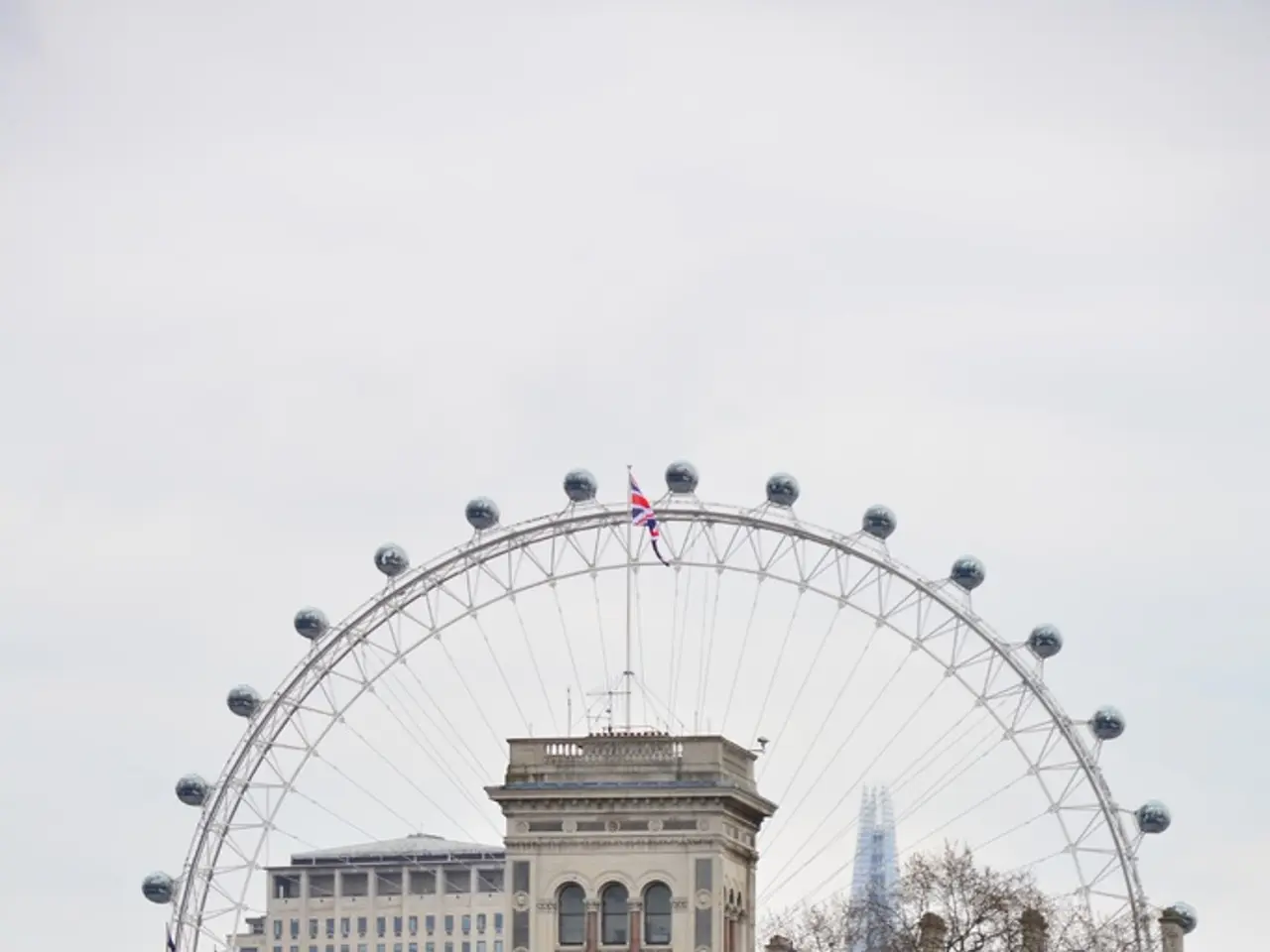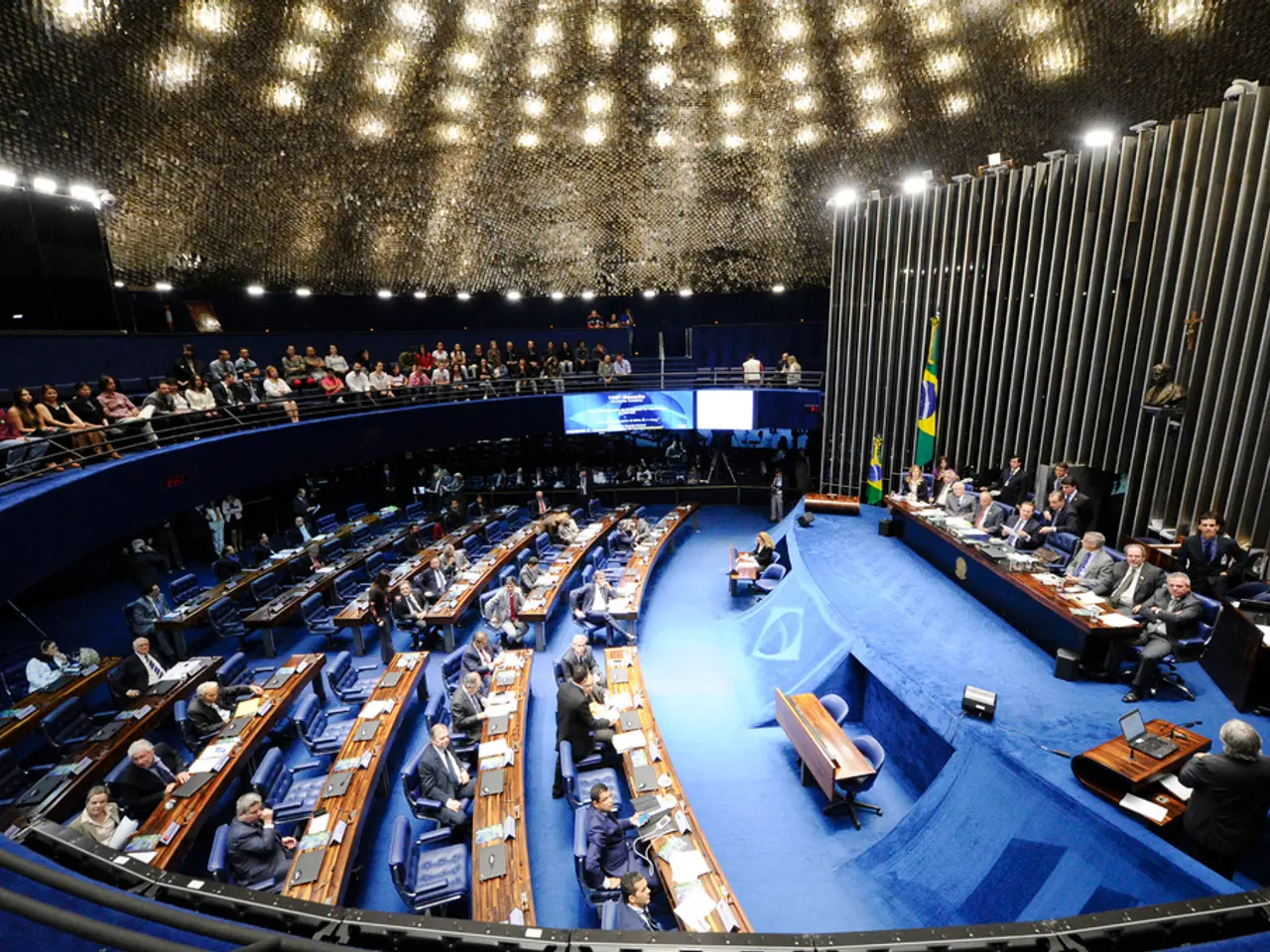Syria combats 'disastrous' bushfires for the fourth straight day
Syria is currently grappling with a catastrophic wildfire crisis along its coast, with the blaze engulfing vast areas of forest and threatening local communities. The wildfires, now in their fourth day, have destroyed hundreds of thousands of forest trees across 28 locations, covering an estimated area of around 10,000 hectares (25,000 acres).
The Syrian Minister for Emergencies and Disaster Management has appealed for increased global support, highlighting the severe challenges faced by emergency workers, including harsh climatic conditions, intense winds, difficult mountainous terrain, and the dangerous presence of war remnants. The Minister described the wildfires as a "real environmental disaster."
In response to the crisis, some aid has already arrived. Jordanian firefighting teams, equipped with modern machinery, have been dispatched to Syria to aid in the efforts. The Syrian air force is also assisting, using helicopters for water drops. Jordanian civil defence teams have crossed into Syria to help battle the fires.
However, more assistance is urgently needed to effectively combat the wildfires. The United Nations Deputy Special Envoy for Syria, Najat Rochdi, has emphasised the need for increased global support, stating that Damascus requires more international assistance to manage the wildfires.
The ongoing conflict in Syria has severely compromised the nation's capacity to manage such disasters. Over a decade of civil war has ravaged Syria's economy, infrastructure, and public services, leaving the nation with weakened disaster response systems and limited resources to cope with large-scale emergencies like wildfires.
Climate change has also exacerbated the situation. Syria has been experiencing increasing heatwaves, droughts, and low rainfall—conditions that intensify the risk and spread of wildfires. According to the UN Food and Agriculture Organisation, Syria is suffering from its worst climate conditions in 60 years, making it more vulnerable to such environmental disasters.
UN teams are on the ground in Syria, conducting urgent assessments to determine the scale of the disaster and identify the most immediate humanitarian needs. These include shelter, clean water, food supplies, hygiene and medical kits, respiratory support, and psychosocial assistance for those affected. It is expected that it will take several days to declare the wildfires completely extinguished once they are brought under control.
The convergence of ongoing conflict and climate crisis demands enhanced international cooperation and support to address Syria’s wildfire emergency adequately. The international community is being called upon to provide more assistance to help control and mitigate the disaster.
- The Syrian Minister for Emergencies and Disaster Management has stressed that the severe wildfires in Syria are a "real environmental disaster," necessitating increased global support due to the challenging climate, rugged terrain, and war remnants.
- The ongoing conflict in Syria, combined with the effects of climate change, has left the nation with weakened disaster response systems and limited resources to manage large-scale emergencies like wildfires.
- The United Nations Deputy Special Envoy for Syria, Najat Rochdi, has emphasized the need for more international assistance to help combat the wildfires, acknowledging that Damascus is struggling to manage the crisis due to the effects of climate change and the ongoing conflict.
- Climate change has played a significant role in exacerbating the Syrian wildfire crisis, as the nation has been experiencing increasing heatwaves, droughts, and low rainfall, conditions that intensify the risk and spread of wildfires.
- To effectively address the complex situation in Syria, the international community is being urged to provide more assistance to help control and mitigate the wildfire emergency, recognizing the critical need for enhanced international cooperation and support.






